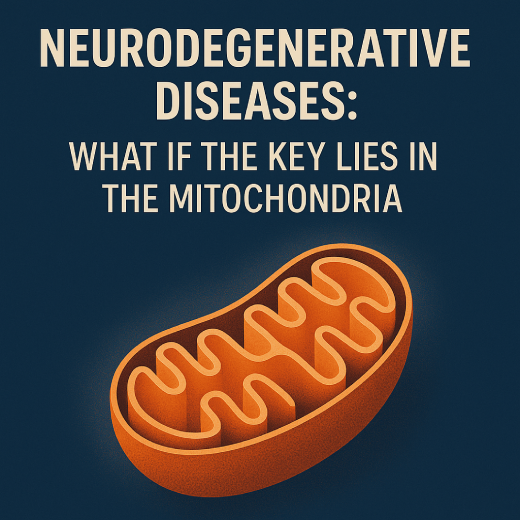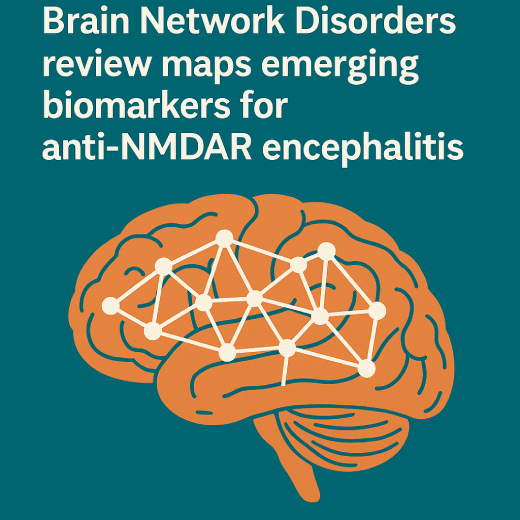In a groundbreaking study published in Nature Neuroscience, researchers from Inserm and the University of Bordeaux, in collaboration with the Université de Moncton in Canada, have established for the first time a causal link between mitochondrial dysfunction and cognitive symptoms in neurodegenerative diseases.
Using an innovative tool capable of selectively stimulating mitochondrial activity in the brain, the team demonstrated that enhancing mitochondrial function improved memory deficits in animal models of neurodegenerative disorders. These findings open the door to targeting mitochondria as a potential therapeutic strategy.
The Energy Crisis in Neurons
Mitochondria are tiny organelles responsible for generating the energy cells need to function. In the brain—one of the body’s most energy-demanding organs—neurons rely heavily on mitochondria to transmit signals. When mitochondrial activity is impaired, neurons struggle to function and eventually degenerate, as seen in conditions like Alzheimer’s disease.
The New Tool: mitoDREADD-Gs
Building on their previous work on G proteins, the researchers engineered an artificial receptor called mitoDREADD-Gs that directly activates G proteins within mitochondria. This stimulation restored both mitochondrial activity and memory performance in dementia mouse models.
“This is the first study to establish a cause-and-effect relationship between mitochondrial dysfunction and neurodegenerative symptoms,” said Giovanni Marsicano, Inserm research director and co-senior author.
According to the team, further work will focus on whether continuous mitochondrial stimulation can delay or even prevent neuronal loss.
Implications for Future Treatments
These findings could transform our understanding of dementia and other neurodegenerative diseases. By identifying mitochondria as a therapeutic target, researchers hope to pave the way for novel treatments aimed at preserving cognitive function and slowing disease progression.






